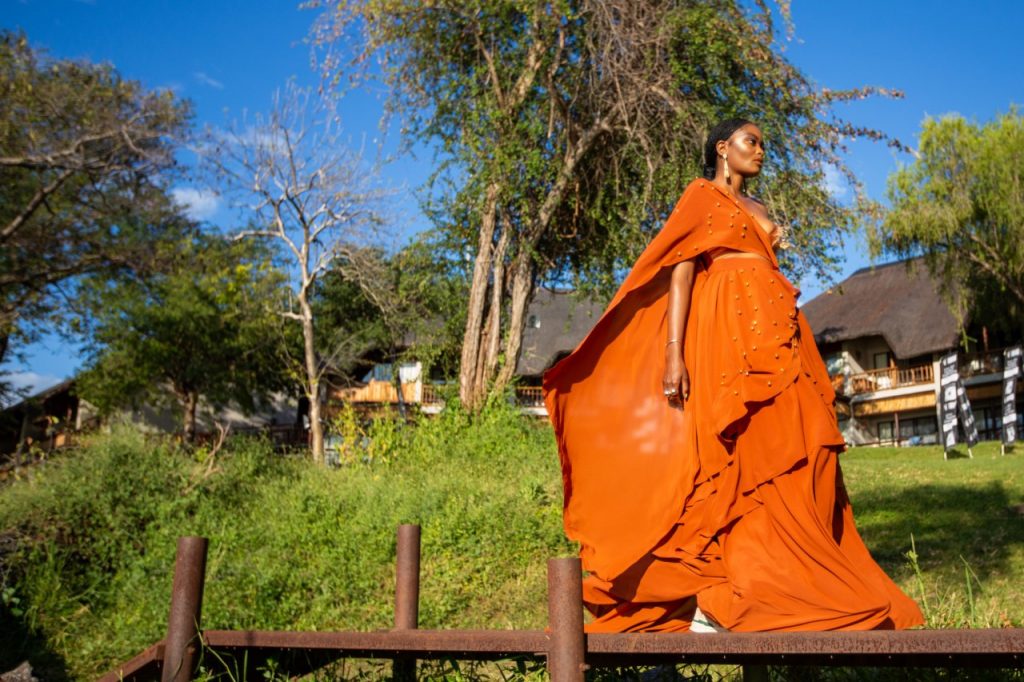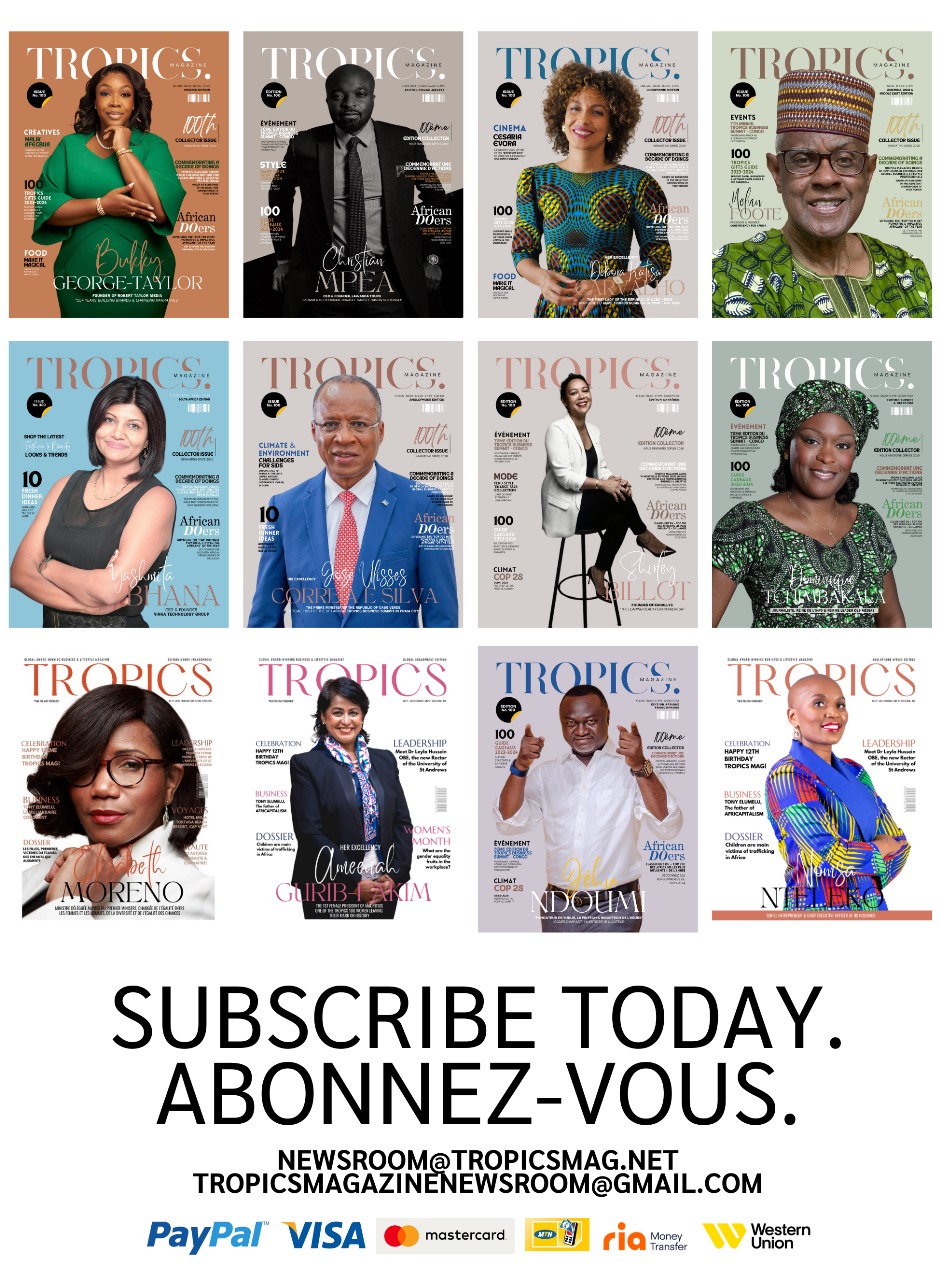Climate change, and the escalating impact of rising temperatures, is the main sustainability challenge we face in our generation. We need to adapt our cities and their infrastructure for extreme events such as these floods, and for gradual changes, such as sea level rise and altered weather patterns.
Sustainability and inclusion must be the priorities for all societies and economies over the next decades. The tragic impact of the KZN floods this last week, the loss of lives and homes and hope, drive home the urgency of getting it right.
Climate change, and the escalating impact of rising temperatures, is the main sustainability challenge we face in our generation. We need to adapt our cities and their infrastructure for extreme events such as these floods, and for gradual changes, such as sea level rise and altered weather patterns.
As we have seen with Covid, it is the poorer and more vulnerable segments of our society who suffer most when adverse shocks occur. Disasters often exacerbate exclusion. On the other hand, societies that are more inclusive can respond more decisively and cohesively when disasters do strike.
The climate change challenge is particularly difficult because we will increasingly be required to deal with immediate crises whilst also putting in place a new energy framework and new ways of doing business that prevent accelerating future crises.
In South Africa, but also in other countries, this will need to be done whilst creating jobs for youthful populations and addressing other essential dimensions of economic and social inclusion.
The good news is that, in many sectors, there are win-win opportunities, new ways of doing business where integrating ecological sustainability also unlocks growth and jobs potential.
I am not thinking only of the more immediate ‘green economy’ candidates such as renewable energy, but also of industries where a combination of technological advancements, changes in consumer values and an emerging shift in favour of regionalization and localization have created a transformative potential we can and must harness.

Historically, fashion value chains have generated large-scale emissions because they have stretched across the globe; the marketing message has often been one of whimsy and excess in consumption; materials have been synthetic and have polluted our oceans and ground-soil, and regional inequities have meant that developing economies have, more often than not, provided raw materials and factory labour, as well as being the dumping grounds for discarded items.
African Fashion International (AFI) was formed to bring a stronger African voice and presence to global fashion, and to do so sustainably. There are four inter-related themes that make me believe now is the right time for the changes we need.
Firstly, technological advances are shaking up the structure of the fashion industry: the easy dominance of the larger, more established fashion houses, which rested on the need for large reservoirs of capital, equipment and access to cheap labour and raw materials, is being challenged by innovations (often digital innovations) in design, materials, production, marketing and sales. This has opened the field to the creativity and disruptive perspectives of smaller and emerging players.
Secondly, there is a real interest, globally, in an emerging 21st century African identity, an identity shaped through dialogue between past and present, young and old, urban and rural, modern and traditional, men and women. Contemporary African fashion, and its creative work more generally, is informed by these complex interplays, and is all the better for it, and it is work that intrigues others too.
Third, there is an important shift in values amongst consumers: ethical consumption is becoming more and more important, and the availability of, for example, information about company behaviour means consumers can inform themselves and support the values they believe in through what they buy. Ecological values are a prominent part of this ethical consumption, and this trend can only increase in importance.
Fourth, trade in African fashion, and clothing and textiles more generally, has been largely with wealthier Northern economies, which has relegated us to only particular segments of the value chain. As our free trade area picks up momentum, and given a growing intellectual recognition to rethink the balance between globalization and localization, more space will open for governments to support local industrialization and develop local and regional hubs. This means we can strengthen and grow local clothing and textile
manufacturing, and jobs in it, which in South Africa as well as elsewhere has been in decline for some time.
At the Forbes AFI Fashion Experience in Botswana next week, in partnership with the Forbes Under 30 Summit Africa, we will be highlighting the work of Botswanan designers at the event, and we will be using local models, performers and hair and beauty artists, and providing for meaningful skills transfer throughout the event. We will also be using natural settings and natural light to emphasise our embeddedness in the natural world. Technology also allows us to effectively host a hybrid event, which means we can support the virtual participation of many more guests than the fragile ecosystem of places like Chobe National Park should be asked to carry.
Rethinking events like this is one way we can contribute to changed mindsets and, from that, changed priorities in our relations with the planet.
In this week we celebrate Earth Day and recognize that much remains to be done. My request is that all of us do our best, as producers, consumers, parents, citizens, as people on a planet with finite resources, to bring about the changes we need, if we are to secure a sustainable and inclusive path for ourselves and those who come after us.
Published in TWYG on 25 April 2022 Dr Precious Moloi-Motsepe: “Why now is the right time for the changes we need” – twyg

